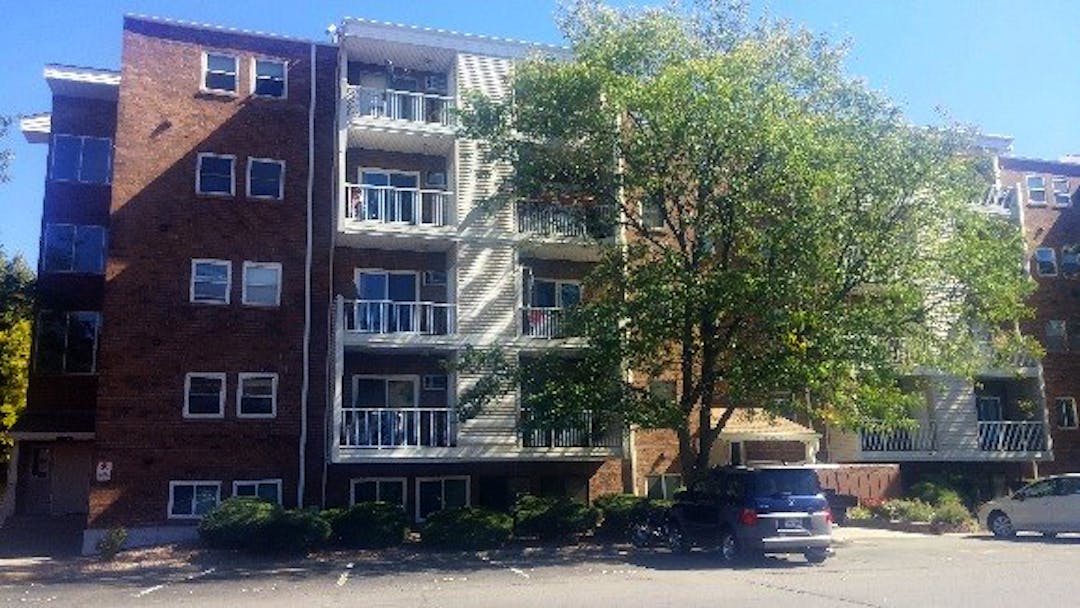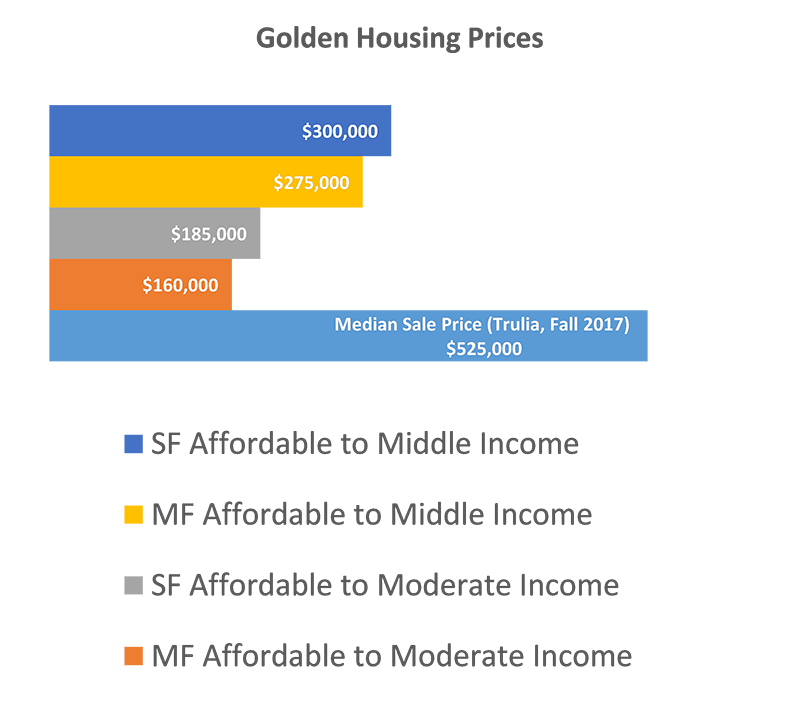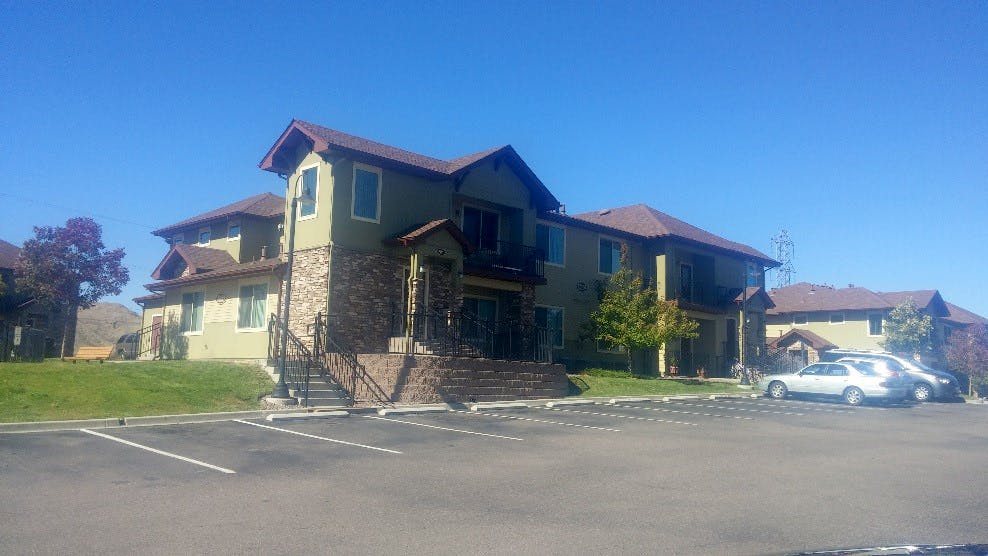Affordable Housing
Consultation has concluded

Affordable housing is a topic of concern across the nation, regionally and locally. Property values and rents have been increasing at far faster rates than wages. This growing gap between what it costs to live and what people are able to earn is redefining who is economically struggling or impoverished in our community. Increasingly, the people in our community who need help, who are food insecure and a car repair or unexpected medical expense away from homelessness are working, mid-level professionals.
Consider the young professional earning $17.00 per hour or $35,000 per year. After taxes, this works out to approximatelyContinue reading
Affordable housing is a topic of concern across the nation, regionally and locally. Property values and rents have been increasing at far faster rates than wages. This growing gap between what it costs to live and what people are able to earn is redefining who is economically struggling or impoverished in our community. Increasingly, the people in our community who need help, who are food insecure and a car repair or unexpected medical expense away from homelessness are working, mid-level professionals.
Consider the young professional earning $17.00 per hour or $35,000 per year. After taxes, this works out to approximately $80 in income per day. The 2016 median rent in Golden was $2,100 or $70 per day. This leaves $10 per day, or $300 per month, for everything else – food, transportation, medical expenses, insurance, child care and education, clothing, personal necessities, etc.
What about the slightly older professional or young professional couple who earn $55,000 per year? That works out to roughly $115 per day. After $70 per day for housing, that leaves this family with $45 per day or $1,350 per month for everything else.
This economic vulnerability is what thousands of Golden residents face each day, in addition to the roughly 2,000 children and 500 seniors who live below the federal poverty limit.
The high cost of housing in our community and region means:
- If you own an home and choose to sell it, you may see a significant profit on your original purchase price
- If you rent a home, rent payments take up an increasingly large percentage of your income, forcing tradeoffs with other necessities such as food, medical care and transportation
- If you are a senior with a moderate income in retirement who has lived in your home for some time, finding a smaller, lower maintenance home that is within your budget may be challenging
- If you have special needs and limited income as a result, there is very little housing, either independent or assisted living, available to you and waitlists for subsidized housing are years long.
- If you are a young professional, it will be a challenge to save enough for a down payment, given the high cost of renting, and find a home to purchase much less stay in the rental market
- If you have young children and have to move frequently to find the lowest cost housing, your children may face reduced educational achievements and increased health risks from your family’s housing instability
- If you grew up in Golden, you may find it difficult to remain in or near your community as a young adult
Let us know what affordable housing means for you, your family or your business.

If Golden were to look for ways to increase the amount of dedicated affordable housing, which programs do you think would be most beneficial to Golden residents?
Key Links
- City of Golden Housing and Rental Assistance Resources
- Grant of up to 3% of mortgage amount available statewide in conjunction with CHFA mortgage
- DOLA Housing Resources
- 2018 Housing Unaffordability Report & Interactive Tool
- Urban Institute - Explore the Cost of Developing New Rental Housing
- How Much do you Need to Earn to Afford a Modest Apartment in Your State? The Annual Out of Reach Report
- Attainable Housing
Quick Facts
Did you know that...
· . . . 3 out 4 surveyed metro area persons who are homeless are employed?
· . . . $23.50 is the hourly wage (or ~ $50,000 per year) needed to afford a 2-bedroom apartment in Golden at the Fair Market Rent (calculated at the 40th percentile all market rents)?
· . . .there is no state where a person working full time at the federal minimum wage can afford a 2-bedroom apartment at the Fair Market Rent?
· . . . for every Jefferson County Housing Authority or non-profit agency affordable apartment, there are at least 5 households on the waitlist?
· . . . manufactured homes are taxed and sold as personal, not real property, and as a result, the loans to purchase one have higher interest rates than a standard real estate mortgage?
· . . . Golden’s existing housing stock is roughly half detached single family and half attached or multi-family?
· . . . since 2000, Golden’s average annual residential growth rate was 0.8%, Jeffco’s was 0.7% and Colorado’s was 1.8%?
· . . . given Golden’s rents, it can cost a typical retail worker 2 to 3 months of earnings just to pay the first and last month’s rent, deposit and fees needed to move into an apartment?
· . . .in Colorado, nearly 25,000 children were homeless during the 2014-2015 school year, despite a recent decline in children living in poverty? (Most live in vehicles or overcrowded housing.)
· . . . the living wage for 2 working parents with one child in Jefferson County is $15.00 each, while the minimum wage is $8.30?
Photos
Engagement Level

- Inform: City provides timely information and updates to the community.
- Consult: Hear public feedback on relevant parts of a project, keep information updated so community can follow along.
Who's listening
-

Email rmuriby@cityofgolden.net




